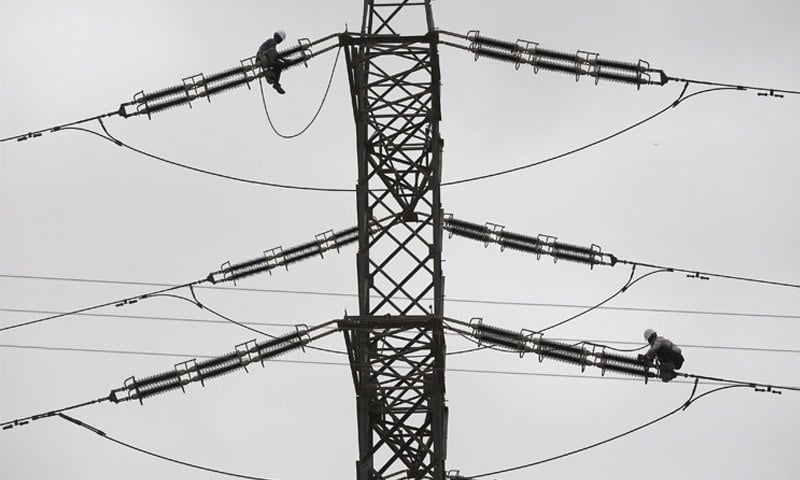In Pakistan’s power industry, frustration is mounting among stakeholders due to significant delays in the release of crucial reports by the power regulator. The absence of timely data is hampering the sector’s effective functioning. The World Bank’s “Public Expenditure Review” report emphasizes the urgent need for computerized mechanisms to generate timely data on State-Owned Enterprises (SOEs), crucial for decision-making, especially the impending privatization of XWDISCOs.
The World Bank advocates divesting SOE shares on the stock market as a practical solution for phased privatization. However, the transparent Annual Reports of XWDISCOs, vital for potential shareholders, often face significant publication delays.
Additionally, the “State of the Industry” report on the power sector, which provides insights into operational performance and financial challenges, is also experiencing delays, leaving policymakers and researchers waiting for critical insights.
Experts stress that access to information is essential for evidence-based policymaking, but data sharing and information flow between various bodies and organizations are lacking. The World Bank recommends establishing a central database under the Ministry of Finance.
Read Also: DRAP Shakes Up its Ranks Again: Whistleblower Deputy Director Dismissed for Misconduct
In recent years, circular debt in the energy sector has surged, necessitating annual increases in electricity prices. Rising inflation is affecting consumers’ ability to pay bills and leading to theft.
While the publication of these reports is a legal requirement, the current situation reveals a lack of synergy between government institutions. The World Bank’s “Pakistan Public Expenditure Review 2023” highlights shortcomings in maintaining updated data.
Many experts see this as an opportunity to establish a data-driven governance system for Pakistan’s knowledge-based economy, as the lack of information affects the quality of policy research and strategy formulation.

